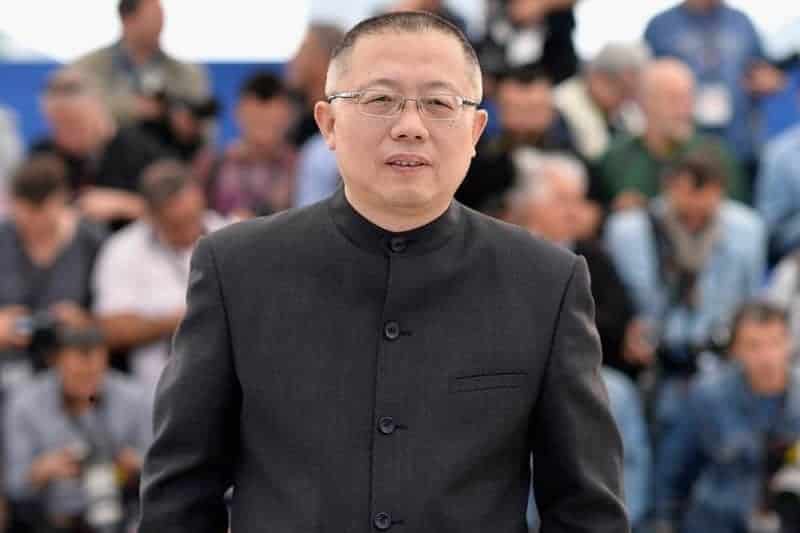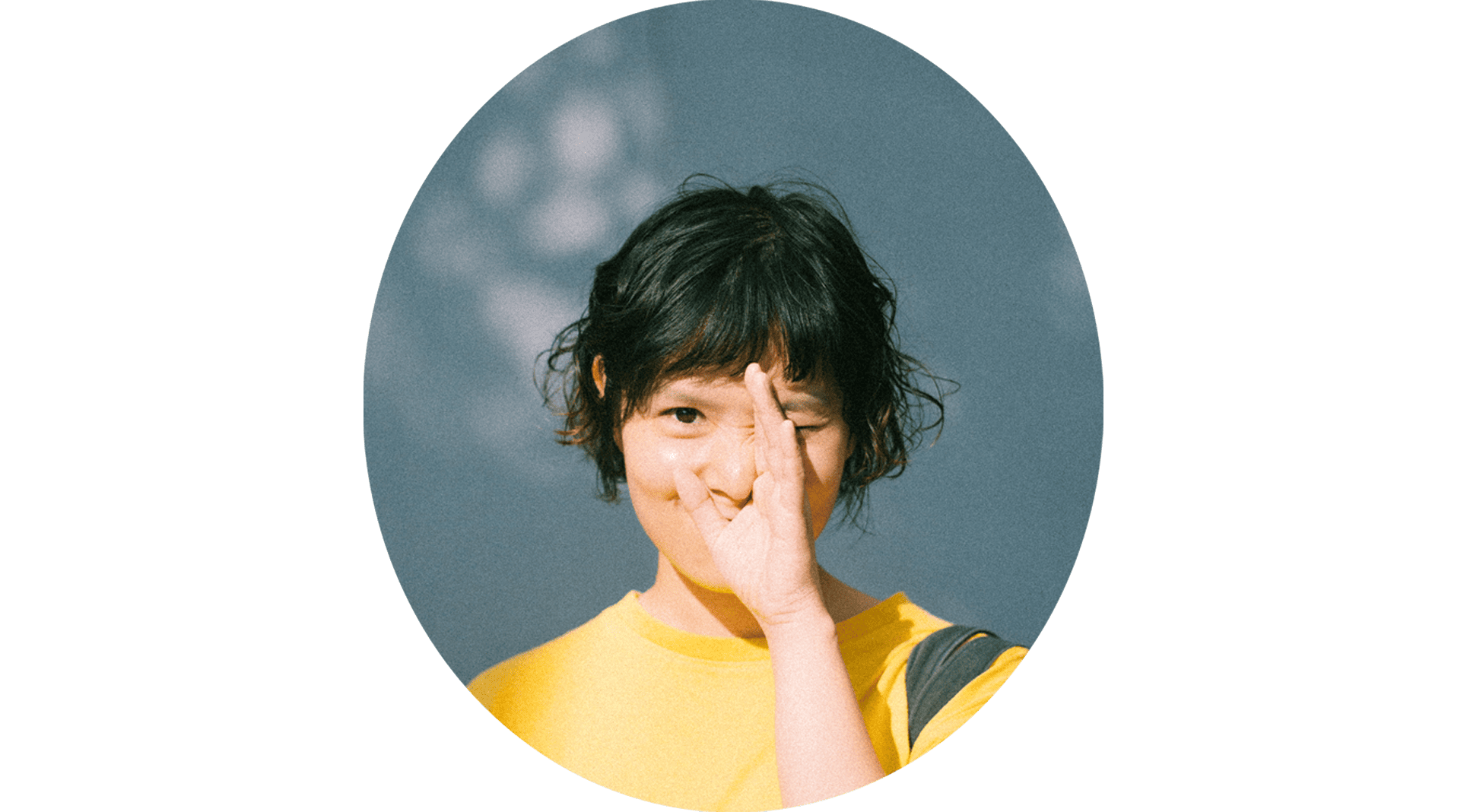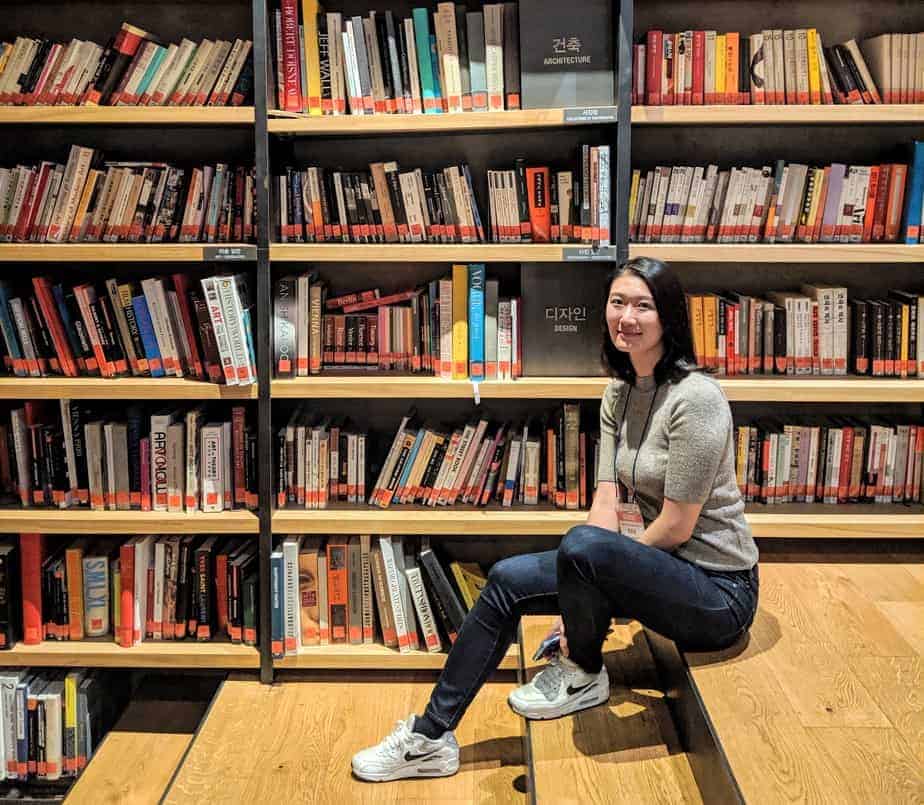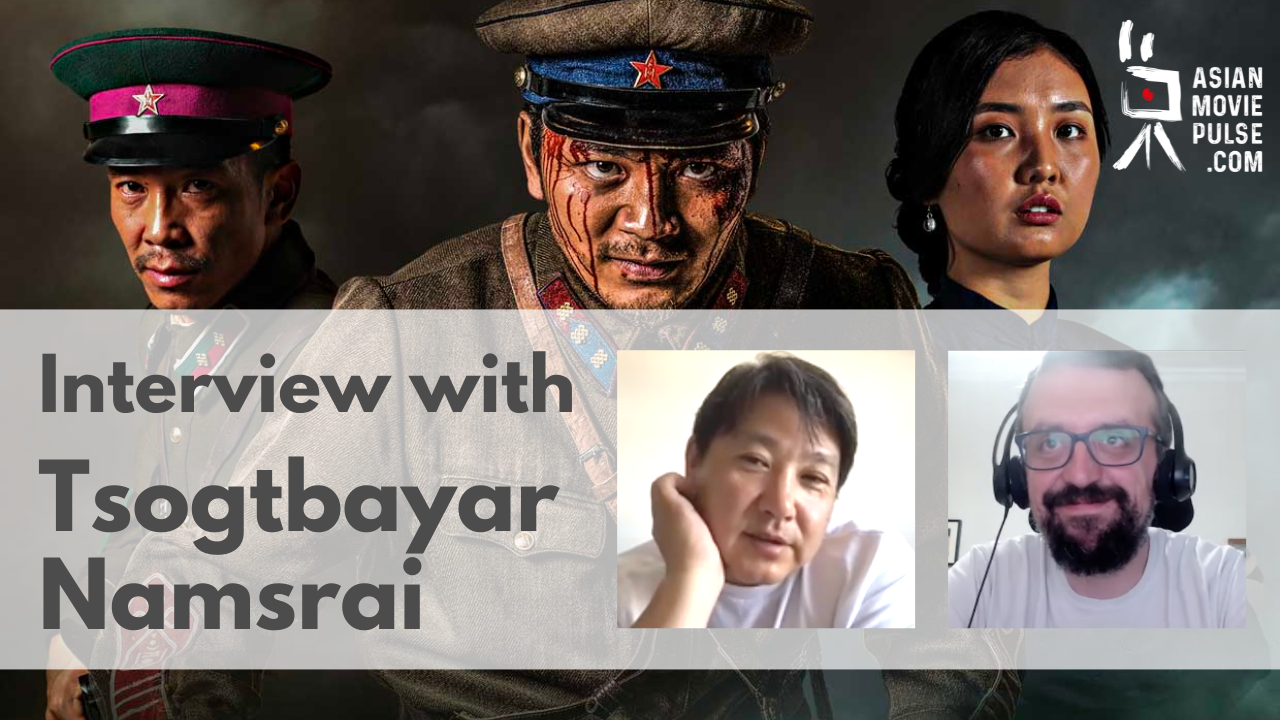Wang Chao (Chinese: 王超; born January 21, 1964 in Nanjing) is a Chinese film director and screenwriter, sometimes considered part of the loosely defined “sixth generation. After graduating, he worked for a number of years as a factory worker. In 1994 he received his university diploma from the Beijing film academy. From 1995 to 1998 he was the assistant to the film director Chen Kaige, working with the elder director on epics like Farewell My Concubine and The Emperor and the Assassin. At this time, he was also a cinema critic specializing in foreign films and he began to write fiction including several short stories and novellas, one of which would later go on to serve as the basis of Wang's directorial debut, The Orphan of Anyang.
With Orphan, Wang Chao would begin what was the first film of a trilogy of films based on modern life in China. He completed the trilogy with 2004's Day and Night and 2006's Luxury Car.
His 2014 film Fantasia was selected to compete in the Un Certain Regard section at the 2014 Cannes Film Festival.
On the occasion of his latest film, “River's Edge” at Vesoul International Film Festival of Asian cinema, we speak with him about his life and career, the film, China and the issue with relocation, working with non-professional actors, and many other topics.
Apart from a filmmaker, you have also worked as a factory worker, a cinema critic and an author. How did these capacities shape you as a filmmaker? As a critic, have you ever slammed a film?
Before making films, I have written novels, poetry and critics. Maybe my films have some qualities from literature and poetry.
When I worked as a critic, I could be severe. With the internet and various social medias in China, I often criticize films and talked about their problems. As a filmmaker, I sometimes wonder if I really had the right to criticize other directors. (Laughs)
Of course, as critics, we have our responsibilities.
Can you tell us a bit about your experience working with Chen Kaige?
When I worked with Mr. Chen as assistant director, I was already 31 years old. I had published some novels, and I had already my own opinions about arts, as a mature and independent person. I have learnt from him how a professional filmmaker works and how to make films concretely.
A number of your films deal with the theme of parents being disconnected from their children. Why is that?
During 1980s, a reform and an opening-up era began in China. In the 1990s, China entered officially an economic boom (privatization, capitalism) era. Modern ideas had an important impact on the traditional Chinese families. They were not really ready and were torn apart by the changes. A lot of sad stories happened.
Your films have won awards in a number of festivals around the world but remain relatively unknown outside the festival circuit. Why is that?
There are mainstream films and the films which attract only a small audience (for a niche market). As we decide to make the “films d'auteur” (“the artistic films” in Wang's word), we don't really care about the trends of mainstream films. We are not interested to make commercial movies.
Chinese films d'auteur get more audience now, young people could see this kind of movies on the internet.

“River's Edge” revolves around three axes. The father looking for his son, and trying to do everything in his power to “repent” for being so distant from him, the future and the isolation Xiaofen experiences, and the return of the son's soul to the world of the living. Can you elaborate on these three? Particularly regarding the last, why did you choose to include a surrealistic aspect in an otherwise realistic film?
I have tried some experiments in the film. I had to deal with the different “time” of the father and the son. The son has already passed away in the beginning of the film. It's tricky to show real and unreal timelines on a screen. I could have made mistakes if it was not well treated. Before shooting, I was careful with that. According to the feedback of the audience during several film festivals, people generally understood my intention. That means I made it, I am quite glad.
The father, the son and Xiaofen have a kind of connection between them. The father would like to “repent' for being so distant from his son, but the young man was dead. He saw some words of Xiaofen who would like to consider her teacher as father. His son died after saving Xiaofen's life. So the father would like to bring Xiaofen to Beijing to help her. That's the way to “love” his deceased son. But Xiaofen's aunt didn't agree to let her go. The father couldn't really repent, therefore, the redemption could work out only in form of illusion. It couldn't come true in real world. That's sorrow, a profound tragedy.
During the film festival in Vesoul, there were a lot of films that dealt with sad stories that happened in every day life, but I prefer to talk about the deep tragedy (impact on our mind).
I would like to deal with the relationship between the father and the son, but the son is dead. That's a realistic issue, so I had to explore the story by telling in a surrealistic way.
Can you tell us a bit about the relocation of population in China, which seems to be quite frequent during the last decades? Will this concept bring you any trouble with the authorities? In general, what is the situation with the censorship in the country? And how about the situation with independent films?
The relocation is quite frequent nowadays in China. When we were looking for shooting places, we went along Jingsha River. We couldn't see the real river any more. It's cut into pieces by the hydroelectric power stations. It's quite ugly and unnatural. All this is due to the hydropower. However, people living along the river didn't really get benefits from that, they are still poor. We have no idea where all the electricity and the benefits have gone.
I know nothing about the money for relocated people, but I really saw their situation, they are still poor. There are so many injustices that cause conflicts in our society.
I got the permission of the censorship bureau for this film. I expressed my ideas in a reserved way. I tried to deal with the subjects of the world by exploring further in characters' feelings. I'll have problems if I approach the matter directly.
The censorship in China doesn't change, they are even more severe. The realistic films will get more limitations. The Chinese directors who make realistic films remain confused, but they keep working. In fact, it's not so easy.
There is a kind of diversity in Chinese independent films now. There are less ideologies and the films are less political. There are also more films about subculture. When the new filmmakers deal with the real world, their films are not as powerful as those of the Sixth Generation. But I could understand their concern. It's already a big step for them to approach even just a little bit the taboos. However, in my point of view, these filmmakers still need to make a lot of effort. Maybe they would have other possibilities to make something more powerful in the future.

On another level, the film functions as a tour guide of the area. Can you tell us why you decided to focus on this also? And how did you cooperate with Wang Shiqing?
We could see the Wudongde Dam, the 4th largest hydroelectric dam in China in this film. The whole landscape appearing in the movie will vanish as the project completes at the end of 2018. As we heard about that, the film seems like a last salute to nature, a last gaze with melancholy. It treated the Nature with dignity. I made the film with that feeling.
WANG Shiqing has helped an American director to shoot Yangtse River and the Three Gorges, the documentary was great. So I decided to work with him, he knows well the area.
Can you tell us a bit about the casting process? How did you guide your actors and particularly the little girl for their parts?
Most of the actors are not professional. We were quite lucky to find all the casting for the movie. If we couldn't find good non-professional actors, we would be worried.
The little girl was the very first one I met in Kunmin (capital of Yunnan province), she was the right one for the character of Xiaofen.
The actor who plays the role of the father is an artist from Beijing. He's a documentary director, sometimes he plays in his own films. He's usually quite relaxed. That's the first time he played a role (with other's script), it was not easy for him.
The young actor playing the role of the son is a photographer. He was the right one for this character. He didn't have a good relationship with his father and led a bohemian life. He's more mature than other bohemian artists. He didn't need to play, he just needed to show how he was. The man playing the role of the director of the school was a local professional actor.
I had a lot of experience in working with non-professional actors. I worked with this kind of actors for my first film. For this film, non-professional actors were not for the realism, they had to perform in the style of the movie. It was difficult for them. It's easy for them to “play” a realistic role, in a story which actually happened If a filmmaker tries to seize some special qualities from non-professional actors, and he/she needs them to interpret the role in the director's “style”, that could be quite difficult. We have to find a balance carefully.
I don't really like rehearsals. In my point of view, non-professional actors don't need rehearsals, or their acting would become less interesting. The director has to prepare a very precise kind of situation, and tell the non-professional actors what he/she's asking for, he/she could finally seize what he/she would like for the film.
They needed to read the script, at least they needed to have a general idea of the film.
Which are your favorite filmmakers?
Robert Bresson, Ingmar Bergman and Kenji Mizoguchi.
Are there any other projects you are working on/planning on working?
“I am writing the script of a new film located also in Yunnan. It talks about a decade of life of a private coal mining company's chairman, we'll need more budget for the film. It's a contemporary story















